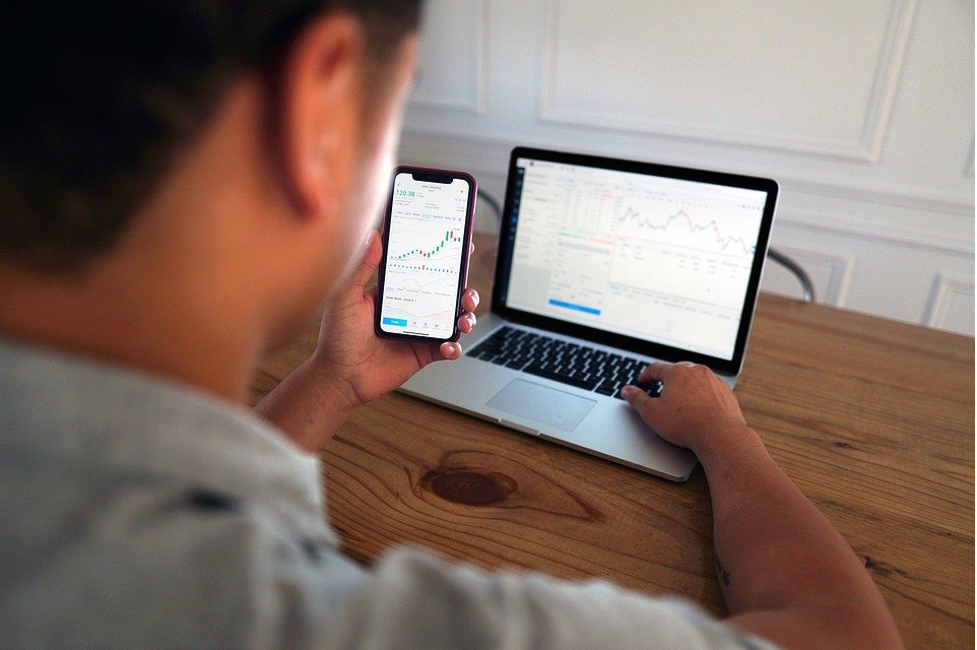The current volatility in financial markets is incentivizing a lot of people to start trading online using CFDs (contracts for difference), mainly because these financial instruments let you speculate whether prices are rising or falling. As of recently, stock markets have been tumbling, Treasury yields rising, and the US Dollar is the top gainer among its peers.
However, despite significant price action moves, traders that are just getting started often ignore several factors, one of them being how to choose the right CFD broker. With that in mind, here are four key aspects to consider before deciding to open an account.

#1. Regulatory Compliance
Compliance with local regulation means the broker is aligned with all the requirements in the trader’s country. There should be no compromise when it’s about the law because only companies that follow the rules can be trusted.
Traders living in Europe or Australia, for example, benefit from tight regulatory standards, which requires brokerages to provide certain levels of client safeguards. This also ensures strong financial security and privacy. If you decide to trade with an unregulated broker all these aspects can’t be guaranteed, and traders might be vulnerable when it comes to making withdrawals, or in terms of trading benefits.
#2. Trading Costs
CFDs are attractive trading instruments mainly because traders do not need to own the underlying assets and instead just seek to take advantage of price movements. At the same time, the trading costs associated are generally low, facilitating a short-term approach like scalping or daily trading.
Even though the rising competition in the brokerage industry puts pressure on spreads, CFD traders should also be aware of other costs, including overnight swaps or commissions. Also, each broker will have a policy related to deposits/withdrawals, account inactivity, etc., and that might imply additional charges.
It would be better to analyze all these features and figure out which is the most affordable CFD broker, long before making a deposit. Luckily, most brands provide relevant information on their website and all traders need to do is making a fast check.
#3. Efficient Trading Tools
Despite optimistic developments in financial markets for over a year, there are still many uncertainties on the horizon. Rising energy prices with an impact on short-term inflation, diminishing fiscal and monetary support, or the sluggish economic recovery as the delta variant continues to spread, keep investors and traders on edge.
That means traders should only consider brokerages that are providing a large pack of trading tools because it helps when analyzing both the technical and fundamental picture.
#4. Customer Service
A broker not paying attention to customer service should raise some warning flags, given that only with a customer-centric approach it is possible to deliver high-quality services, in line with the latest requirements.
Working with an international provider might provide access to multi-lingual support as these brands generally rely on a larger team of representatives. Also, an answer to any inquiry could be provided fast, helping traders solve problems without waiting for days in a row.













